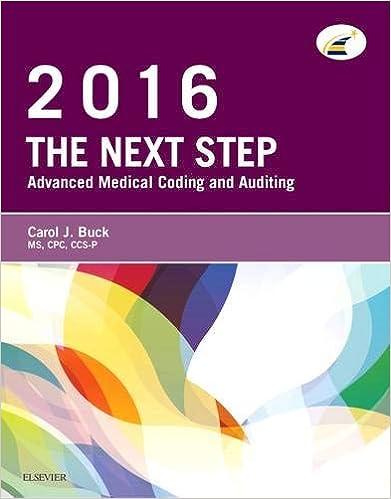Question
ahhh...debits and credits, easily one of the hardest concepts for beginning accounting students to get a handle on. Now for the good news, by the
ahhh...debits and credits, easily one of the hardest concepts for beginning accounting students to get a handle on. Now for the good news, by the time you finish this course you will be doing debits and credits in your sleep. (OK, put down the phone. Don't drop the class. I promise this will in no way effect your sleeping patterns:-)
Please, please, please watch the chapter 2 overview video for a discussion of debits and credits before responding to this discussion!
First, let me dispel an urban myth. Credits are good things, right? Wrong! They can be either good or bad depending on where they are in the accounting equation. Credit in accounting simply means "right" and debit simply means "left." This concept is so important I wanted to review it here. Let's look at the accounting equation.
Left side (Debit increase/Credit decrease) = Right side (Credit increase/Debit decrease)
Assets = Liabilities + Owners' Equity (+Stock - Dividends and +Revenue - Expenses)
Asset accounts increase with a debit and decrease with a credit this is only because assets are on the left side of the equation. And debit means what? Increase LEFT! Liabilities and the components of owners' equity increase with credit only because they are on the right side of the equation. And credit means what? Increase RIGHT!
There are two major exceptions to this rule and these can be found in the owners' equity section. All transactions that increase owners' equity are credits because they are on the right side of the equation. Revenue, for example, increases your equity so it increases with a credit. However, when you pay expenses and dividends doesn't that decrease the amount of owners' equity you have? Aren't you paying out cash? Yes, so dividends and expenses increase with a debit because they actually reduce your owners' equity, which are credit accounts. I know this is confusing right now but once this simple rule "clicks" accounting, in general, will make way more sense.
Questions -
1. If I invest $100 of cash and nothing more. I increase both owners' equity and assets (cash) by $100. This is one debit (asset) and one credit (owners' equity.)
2. The accounting equation can be restated as owners' equity = assets - liabilities.
Carefully consider the above true statements taking into consideration the accounting equation, chapter 2 overview video, and paragraph above. Think about what you have learned so far. Then post a reply of 4 or 5 sentences on why you believe the statement is true. Your original reply must be thoughtful and correct to earn full credit.
Step by Step Solution
There are 3 Steps involved in it
Step: 1

Get Instant Access to Expert-Tailored Solutions
See step-by-step solutions with expert insights and AI powered tools for academic success
Step: 2

Step: 3

Ace Your Homework with AI
Get the answers you need in no time with our AI-driven, step-by-step assistance
Get Started


